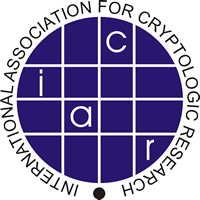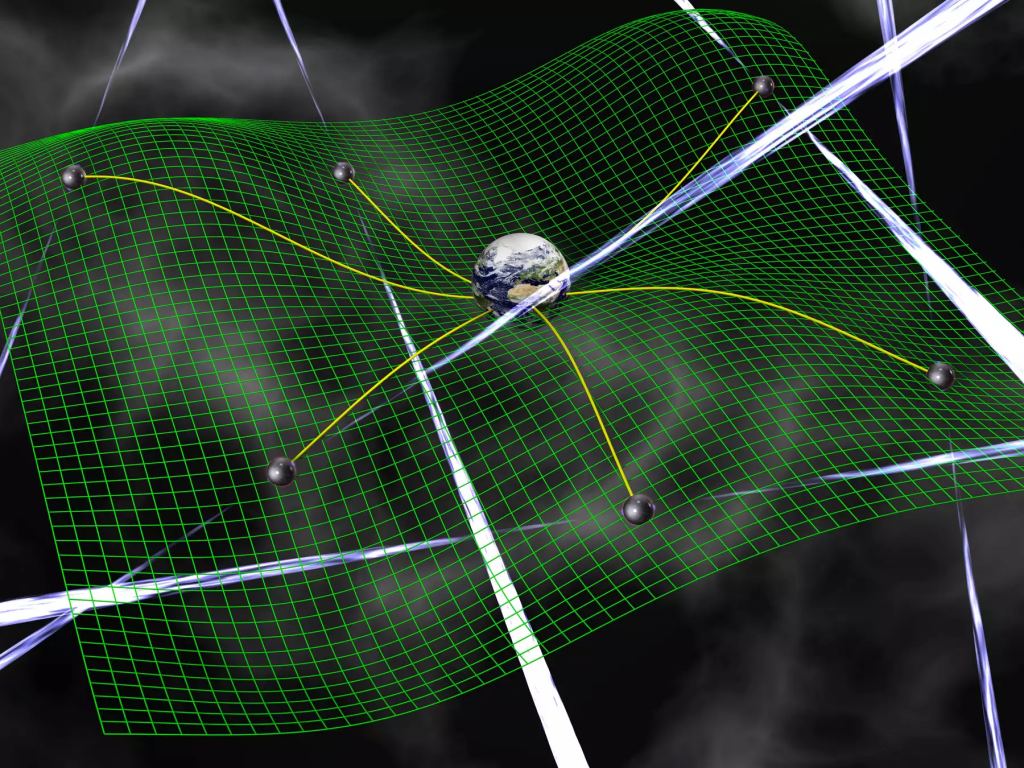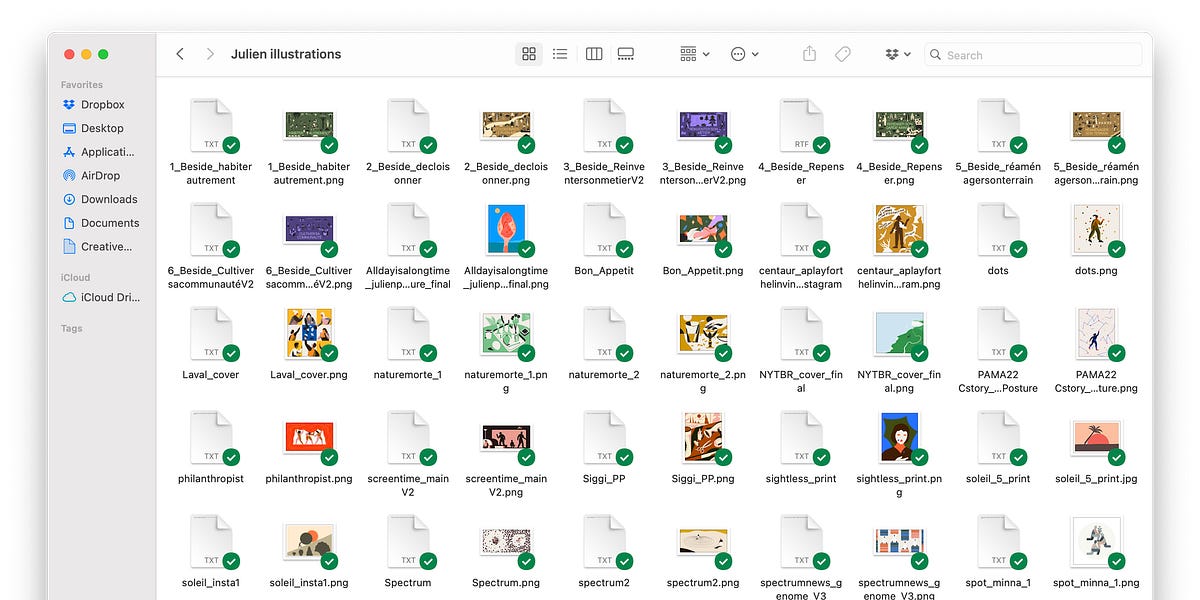
Efficient Quantum Algorithm for SUBSET-SUM Problem
Problems in the complexity class $NP$ are not all known to be solvable, but are verifiable given the solution, in polynomial time by a classical computer. The complexity class $BQP$ includes all problems solvable in polynomial time by a quantum computer. Prime factorization is in $NP$ class, and is also in $BQP$ class, owing to Shor's algorithm. The hardest of all problems within the $NP$ class are called $NP$-complete. If a quantum algorithm can solve an $NP$-complete problem in polynomial time, it would imply that a quantum computer can solve all problems in $NP$ in polynomial time. Here, we present a polynomial-time quantum algorithm to solve an $NP$-complete variant of the $SUBSET-SUM$ problem, thereby, rendering $NP\subseteq BQP$. We illustrate that given a set of integers, which may be positive or negative, a quantum computer can decide in polynomial time whether there exists any subset that sums to zero. There are many real-world applications of our result, such as finding patterns efficiently in stock-market data, or in recordings of the weather or brain activity. As an example, the decision problem of matching two images in image processing is $NP$-complete, and can be solved in polynomial time, when amplitude amplification is not required.






















/cdn.vox-cdn.com/uploads/chorus_asset/file/25446024/maxresdefault__2_.jpg)

/https%3A%2F%2Ftf-cmsv2-smithsonianmag-media.s3.amazonaws.com%2Ffiler_public%2Fd2%2F47%2Fd247f070-e85b-467e-a486-b16cc64091d3%2F23_0159_smithsonian_scanner_m_w3-cc1-3k.jpg)